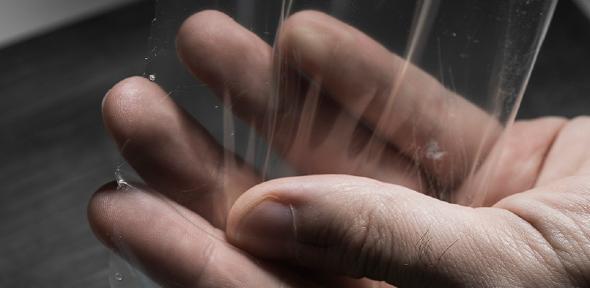
Once seen as a bedrock technology of the modern age, the detrimental relationship humanity has with plastics has become all too clear. Microplastics – and their smaller, more dangerous variant, nanoplastics – have been discovered in every ecosystem on earth, with potentially devastating consequences. Meanwhile, some researchers have suggested the average human may be eating as much as five grams of plastic – equivalent to a credit card – every week.
In the search to replace the most polluting variant of plastics – single-use – Professor Tuomas Knowles of the Yusuf Hamied Department of Chemistry at the University of Cambridge, turned to spiders for inspiration. Knowles, a serial academic entrepreneur, discovered a way that proteins could be spun into strong materials in much the same way web silk is created.
Originally focused on capsules for delivering therapeutics, the self-assembled protein materials developed by Knowles and his team, soon to be joined by Dr Marc Rodriguez-Garcia, moved into alternatives to single-use plastics with the creation of Xampla in 2018. Robust and biodegradable, Xampla’s products can meet the performance functionality required by customers while also biodegrading harmlessly – even if they end up in landfill or out in the sea.
In 2023, the company doubled down on its vision of a plastic-free future with the launch of Morro, Xampla’s first consumer brand. Morro offers a range of plastic-free materials that brings to market soluble films, such as those used in dishwasher tablets, and an edible film to replace plastic sachets used in food packaging. Using this innovative edible film, Gousto and Xampla partnered to create the world’s first edible stock-cube wrapper made from plants. A direct replacement for plastic with zero waste, Morro Edible Film stock cubes sold out within an hour of going on sale.
Full Cambridge Enterprise article

